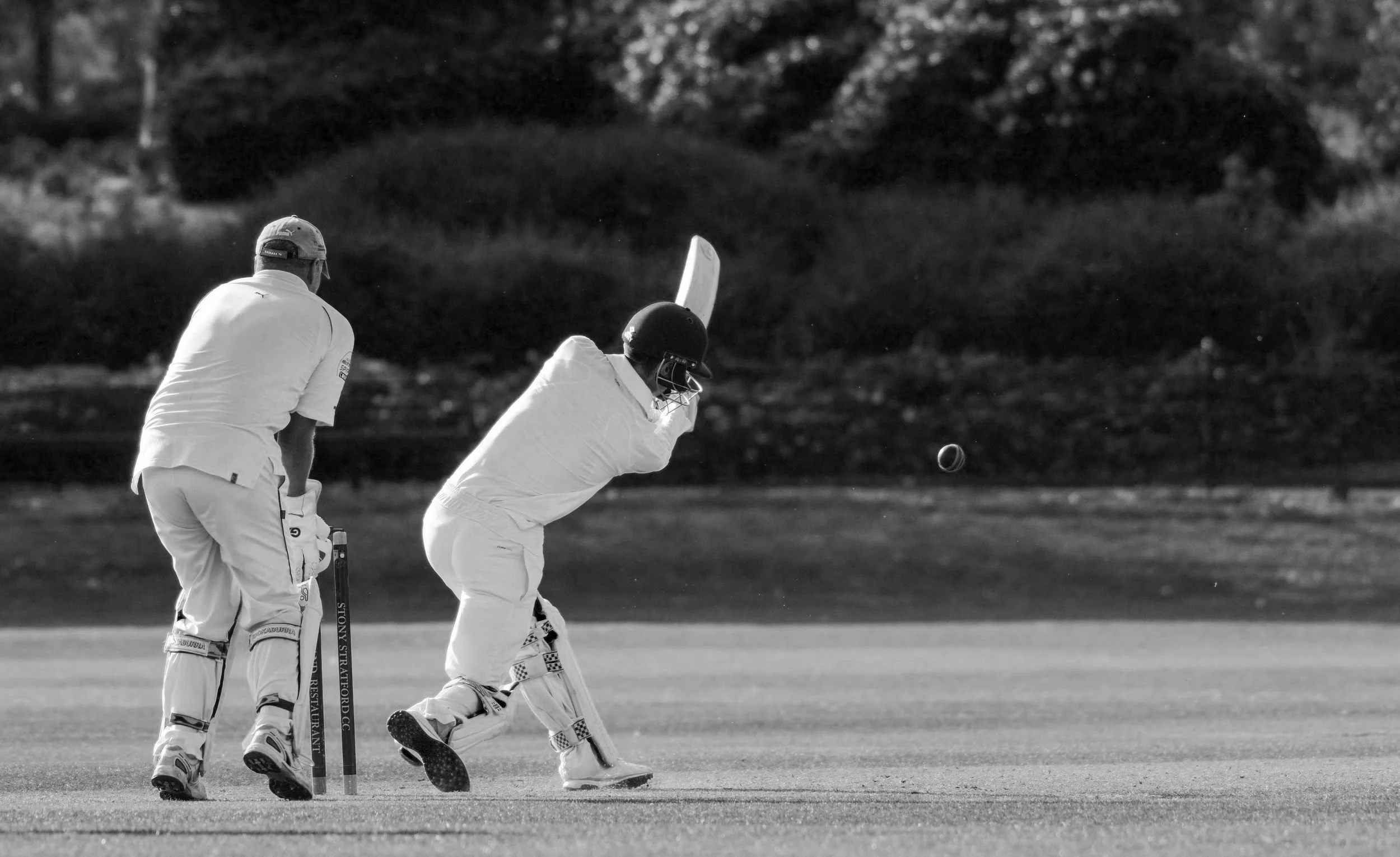
Neurodiversity Training for Sports Coaches
Inclusive coaching that supports every athlete. Equip coaches with the knowledge to recognise and support neurodivergent athletes, improving communication, reducing overwhelm, and creating environments where everyone can thrive.
Overview
In this comprehensive session, our aim is to offer valuable support to sports coaches in various disciplines, be it personal training, athletics, cricket, football, volleyball, or any other sport.
We start by defining the specific challenges and strengths associated with neurodivergence in the context of your chosen sport. Following this, we will explore in-depth topics such as methods for motivating neurodivergent athletes, tailored training practices, pre-game preparation, strategies for mid-game adjustments, and a wide array of other pertinent aspects essential for understanding and coaching neurodivergent athletes effectively.
Course content
Sports coaches neurodiversity and neuroinclusion training, by Neuro Tide
-
With the objective of building a foundational understanding of neurodiversity, Neuro Tide will introduce and refresh the definition and scope of neurodiversity, then explore the common conditions. Once we have defined each of the conditions we then delve into the common strengths and challenges. You will also learn about the importance of neuroinclusion and the benefits of a neuroinclusive team.
-
In the context of your sport or game, we will be examining various communication aspects in relation to the unique strengths and challenges associated with neurodivergent conditions. This will encompass recognising and acknowledging the positive performance of the player, understanding their motivation, determining the appropriate timing for substitutions, as well as facilitating effective communication and interaction with other players, the coach, and the spectators.
-
When considering neurodivergent athletes, it's important to recognise that each person has unique feedback needs. Tailoring feedback to these individual needs is crucial. In our exploration, we will delve into the specific requirements of neurodivergent individuals and provide comprehensive guidance on effective feedback techniques and strategies that are best suited for neurodivergent players.
-
During sports activities, whether indoors or outdoors, individuals with neurodivergent conditions experience various sensory inputs that can significantly impact their performance. These sensory inputs include visual, auditory, tactile, olfactory, and proprioceptive stimuli. For instance, the visual experience may be impacted by the lighting conditions of the sports venue, while the tactile experience can be influenced by the textures of the clothing and sports equipment. Exploring and understanding how each of these sensory inputs affects neurodivergent individuals participating in sports can help create a more inclusive and supportive environment for their athletic endeavours.
-
We will thoroughly examine how individuals engage with other players, athletes, and coaching support within the team environment. We will offer strategies and insights to facilitate the process of nurturing trust and establishing meaningful connections with teammates, coaches and more.
-
We will discuss how a neurodivergent player requires a clear understanding of expectations in order to deliver an efficient and outstanding performance. We will explore how to enhance a game by improving the sports skills of a team player who is neurodivergent with personalised coaching and support tailored to their specific strengths and challenges.
-
In every game, each opponent presents unique challenges. Neurodivergent athletes generally require support and adjustments when it comes to developing and implementing game tactics. We will delve into the specific challenges neurodivergent players face in this area, as well as their strengths. Additionally, we provide practical guidance on how to effectively coach a neurodivergent athlete on their game strategy and individual needs.
-
Despite their passion for the sport, athletes may encounter periods when they require additional motivation to walk onto the pitch or boost their performance, whether pre or mid game. Here we delve into the specific challenges posed by neurodiverse conditions, and we share with you comprehensive strategies and other practical guidance to address these challenges effectively.
-
It is crucial to prioritise the physical and mental well-being of neurodiverse individuals involved in sports. Here we delve into various strategies aimed at motivating and providing support for neurodivergent players to actively participate in training and physical fitness regimes. Additionally, we will examine the specific challenges posed by limited diets among some neurodivergent individuals and offer practical guidance on addressing these challenges.
-
Personal stories and case studies
Throughout the session, the facilitator shares their personal stories as someone living with ADHD and autism. These real-life experiences are woven together with case studies throughout the session to provide a comprehensive understanding.
-
Practical guidance and reasonable adjustments
It's essential to deepen your understanding of neurodivergence and also explore reasonable adjustments and new approaches to tasks, all of which will be shared during the session. Always tailored for the audience and your goals and themes.
-
Questions and answers
Depending on the session and your needs, these can be throughout or at the end. But there is always time during the session, and you can ask us anytime later anything you need to help your understanding and application of what you learn.
Learning outcomes
-
Understand how training routines, sensory input and communication styles impact neurodivergent athletes.
-
Adapt coaching methods, instructions and routines to support clarity and reduce overwhelm.
-
Cultivate an inclusive sports culture where neurodivergent athletes feel confident, motivated and integrated in teams.
Technology, timings & availability
-
For webinars, client will host on their virtual meeting tool. Neuro Tide can host if required.
-
Session length is one hour. This includes Q&A and conversations.
-
The training is available on demand upon request. Webinar, in-person talk, or in-person workshop.

